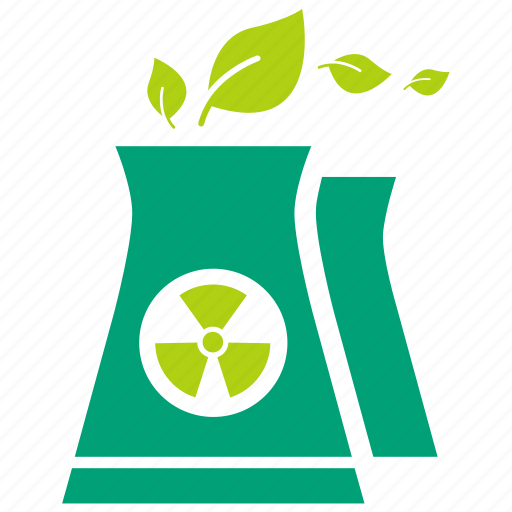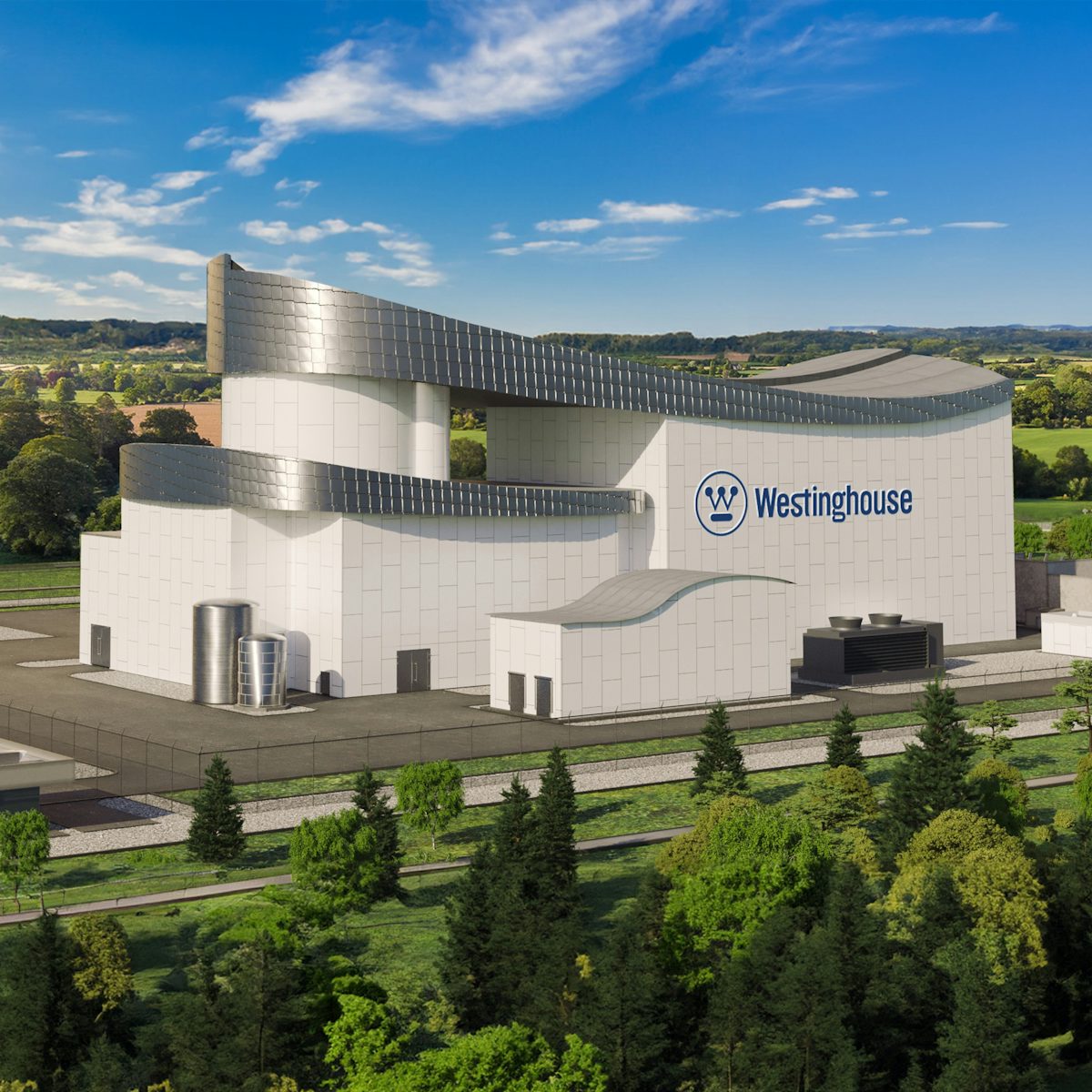The commercial viability of small modular reactors (SMRs) needs to be improved with partnerships between the public and private sector needed to help move projects to deployment, according to a report from the World Economic Forum (WEF), in collaboration with nuclear industry experts.
The report, A Collaborative Framework for Accelerating Advanced Nuclear and Small Modular Reactor Deployment, was published by WEF, a Switzerland-based thinktank, with management consultancy Accenture.
WEF said the report provides a framework to support the deployment of SMRs and other types of advanced of nuclear reactor.
The framework, according to WEF, “is a tool that can align stakeholders on key actions and strategies within nine priority areas to accelerate deployment”, and was developed by “stakeholders from across the nuclear ecosystem”.
The report said small modular reactor and microreactor developers highlight their freedom to rely entirely on private capital, thereby shielding taxpayers from financial risk. But it warned: “Public-private partnerships are crucial for developing enabling policies, driving modernisation of regulations and building a supply chain to deliver advanced nuclear and SMRs at scale.”
WEF’s framework has a three-part process for accelerating the deployment of SMRs and advanced reactors.
Part one is the “emergence” of the advanced nuclear and SMR market, part two is the delivery of advanced reactors and SMRs at scale, and part three is the financing of the reactors.
Under part one, WEF called for the modernisation of regulation, the automation of regulatory processes and aligning of regulatory bodies.
Part two, covering the delivery of the reactors at scale, suggests actions including the repurposing of existing infrastructure, colocation of reactors with current energy systems, engagement with communities throughout projects, and the preparation of supply chains.
It also suggests identifying skills gaps and partnerships between industry and educational institutions.
Part three on catalysing investment calls for the creation of “innovative financing mechanisms”, the use of public-private partnerships and for the inclusion of nuclear in clean investment taxonomies, such as environmental, social and governance classifications.
WEF noted that at the Cop28 climate conference in Dubai, 22 countries committed to triple global nuclear power capacity by 2050 and since then, they have been joined by 14 major banks and additional countries.
“To meet net-zero commitments and growing energy demand, nuclear new builds of multiple sizes and types will be needed,” WEF said. “Small modular reactors and other advanced nuclear technologies represent clean energy solutions that, when built at scale, could deliver cost-effective carbon-free energy.”


